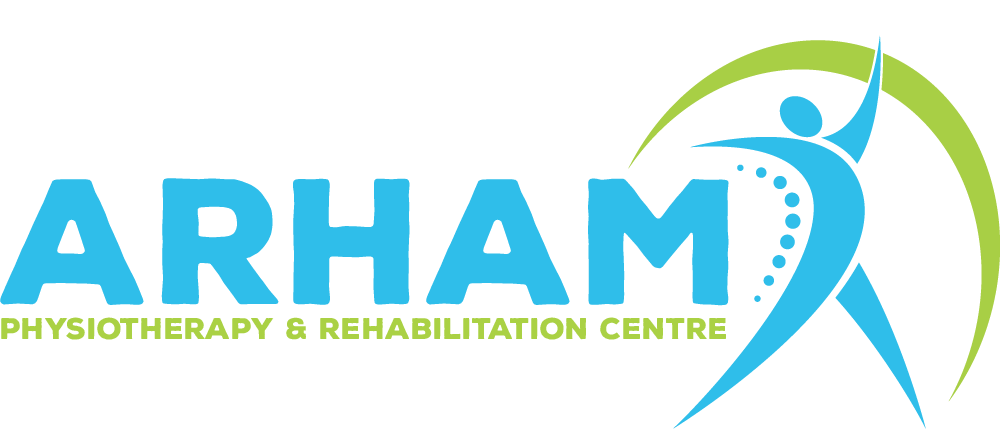How Can Physiotherapy Help Women before, during and after pregnancy?
Physiotherapy plays a crucial role in supporting women before, during and after pregnancy. The goal is to promote overall well-being, prevent complications, and address specific musculoskeletal and physiological changes associated with each stage.
Let’s learn how physiotherapy can help women before, during, and after pregnancy and improve their overall health.
Before Pregnancy:
Preconception counselling:
Physiotherapists can assess a woman’s musculoskeletal health and address any pre-existing conditions that might affect pregnancy.
They guide exercises and lifestyle modifications to optimize physical health before conception.
Pelvic floor muscle training:
Strengthening pelvic floor muscles can help prevent incontinence and support the pelvic organs during pregnancy.
Posture and Body Mechanics:
One way to prepare a pregnant body for all the physical demands is to teach women how to stand and move correctly.
During Pregnancy:
Pain Management:
Physiotherapists can address common issues like back pain, pelvic girdle pain, and sciatica through exercises, stretches, and manual therapy techniques.
Exercise programs:
Tailored exercise programs focus on maintaining fitness, promoting flexibility, and strengthening core and pelvic floor muscles.
Aquatic therapy can be beneficial, providing buoyancy and reducing the impact on joints.
Breathing techniques:
Teaching proper breathing techniques helps with relaxation, reduces stress, and improves oxygenation for both the mother and baby.
Education on body changes:
Physiotherapists educate women about the changes in their bodies and provide strategies to manage discomfort.
After Pregnancy:
Weight loss:
Physiotherapy helps women manage weight with cavitation therapy, slimmer treatment, a healthy diet, yoga exercises, etc.
Pelvic floor rehabilitation:
Physiotherapy can help strengthen and repair the muscles involved in pelvic floor concerns like prolapse or urine incontinence.
Diastasis Recti Management:
If there’s separation of abdominal muscles (diastasis recti), physiotherapy can provide exercise to promote healing and core strength.
Posture correction:
Addressing changes in posture due to breastfeeding, carrying the baby, or lifting can prevent musculoskeletal issues.
Scar tissue management:
For women who have had a cesarean section or perineal tears, physiotherapy can help manage scar tissue and improve mobility.
Return to Exercise:
Physiotherapists guide women on when and how to safely resume physical activity, considering individual recovery timelines.
Emotional well-being:
I was addressing any emotional or psychological aspects related to childbirth and providing support for mental well-being.
FAQS:
Que: Can physiotherapy help me prepare for pregnancy?
Ans: Yes, physiotherapy can assess your musculoskeletal health, address pre-existing conditions and provide exercises and lifestyle modifications to optimize your physical health before conception.
Que: Is pelvic floor muscle training necessary before getting pregnant?
Ans: Pelvic floor muscle training can be beneficial as it helps prevent incontinence and supports pelvic organs during pregnancy. It’s good practice for overall pelvic health.
Que: Can physiotherapy help with back pain during pregnancy?
Ans: Physiologists can provide exercises, stretches, and manual therapy to address back pain and other musculoskeletal issues during pregnancy.
Que: Is it safe to exercise during pregnancy, and how can physiotherapy help?
Ans: Yes, we encourage safe physiotherapy during pregnancy. Physiotherapists design tailored exercise programs that focus on maintaining fitness, promoting flexibility, and strengthening core and pelvic floor muscles.
Que: Can physiotherapy help with postpartum recovery?
Ans: Yes, physiotherapy plays a crucial role in postpartum recovery. It addresses pelvic floor rehabilitation, diastasis recti management, scar tissue and guides returning to exercise.
Que: How soon can I start physiotherapy after giving birth?
Ans: Physiotherapy can begin as soon as you feel comfortable, typically within the first few weeks postpartum. The timing may vary based on individual circumstances; consulting with a physiotherapist is essential.
Que: What is the role of physiotherapy in emotional well-being during and after pregnancy?
Ans: Physiotherapy acknowledges the emotional and psychological aspects of childbirth. Therapists provide support, guidance, and resources to address these aspects and contribute to overall well-being.
Que: Is pelvic floor training essential before getting pregnant?
Ans: Absolutely. Pelvic floor muscle training can help prevent incontinence and support pelvic organs. Strengthening these muscles is beneficial for overall pelvic health.
Que: What exercises are recommended before pregnancy?
Ans: The type of exercises may vary, but generally, a combination of cardiovascular exercises, strength training, and flexibility exercises is recommended. Your physiotherapist can create a personalized plan.
Que: Can physiotherapy help with breathing techniques during pregnancy?
Ans: Certainly. Physiotherapists guide proper breathing techniques, aiding relaxation, reducing stress, and improving oxygenation for both the mother and baby.
Que: Can physiotherapy help with urinary incontinence postpartum?
Ans: Yes, physiotherapy includes pelvic floor rehabilitation to address issues like urinary incontinence. Exercises and techniques are tailored to strengthen and rehabilitate pelvic floor muscles.
Que: Are there specific exercises to boost fertility through physiotherapy?
Ans: Physical therapy may not affect fertility per se, but leading a healthy lifestyle—one that includes exercising regularly and keeping to a healthy weight—can have a good effect. The best way to exercise is with the guidance of a physiotherapist.
Que: I have a sedentary lifestyle. Can physiotherapy help me prepare for pregnancy?
Ans: Certainly. Physiotherapists can design a tailored exercise program to improve your overall fitness, address musculoskeletal issues, and enhance your readiness for a healthy pregnancy.
Que: Is engaging in high-intensity workouts with physiotherapy during pregnancy safe?
Ans: It is advised not to engage in high-intensity workouts. High-intensity workouts should be approached with caution during pregnancy. Physiotherapists can help modify exercise routines to ensure safety and recommend suitable intensity levels based on individual health and pregnancy status.
Conclusion:
In summary, physiotherapy for women before, during and after pregnancy is a holistic approach aimed at optimising physical health, preventing complications, and promoting a smoother transition through the different stages of motherhood. Each woman’s experience is unique, so physiotherapy interventions are often tailored to individual needs. Women must consult healthcare professionals, including physiotherapists, for personalised advice and care.
